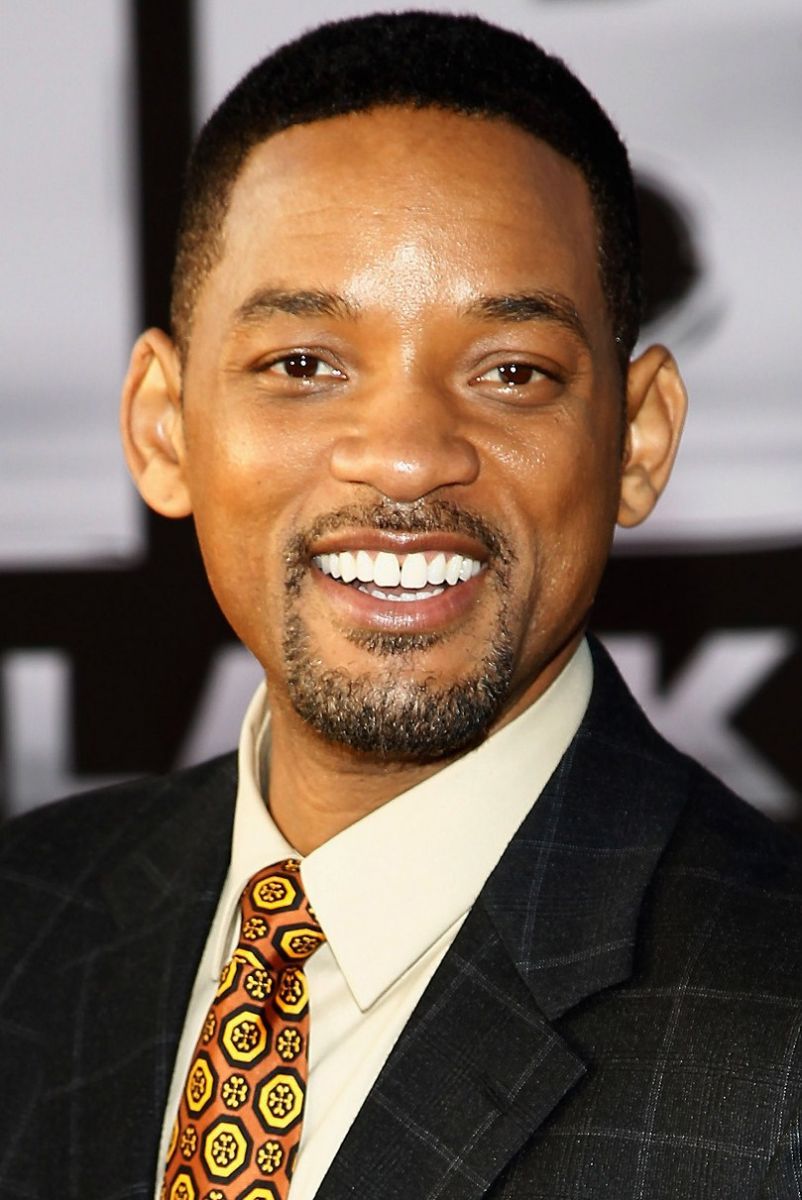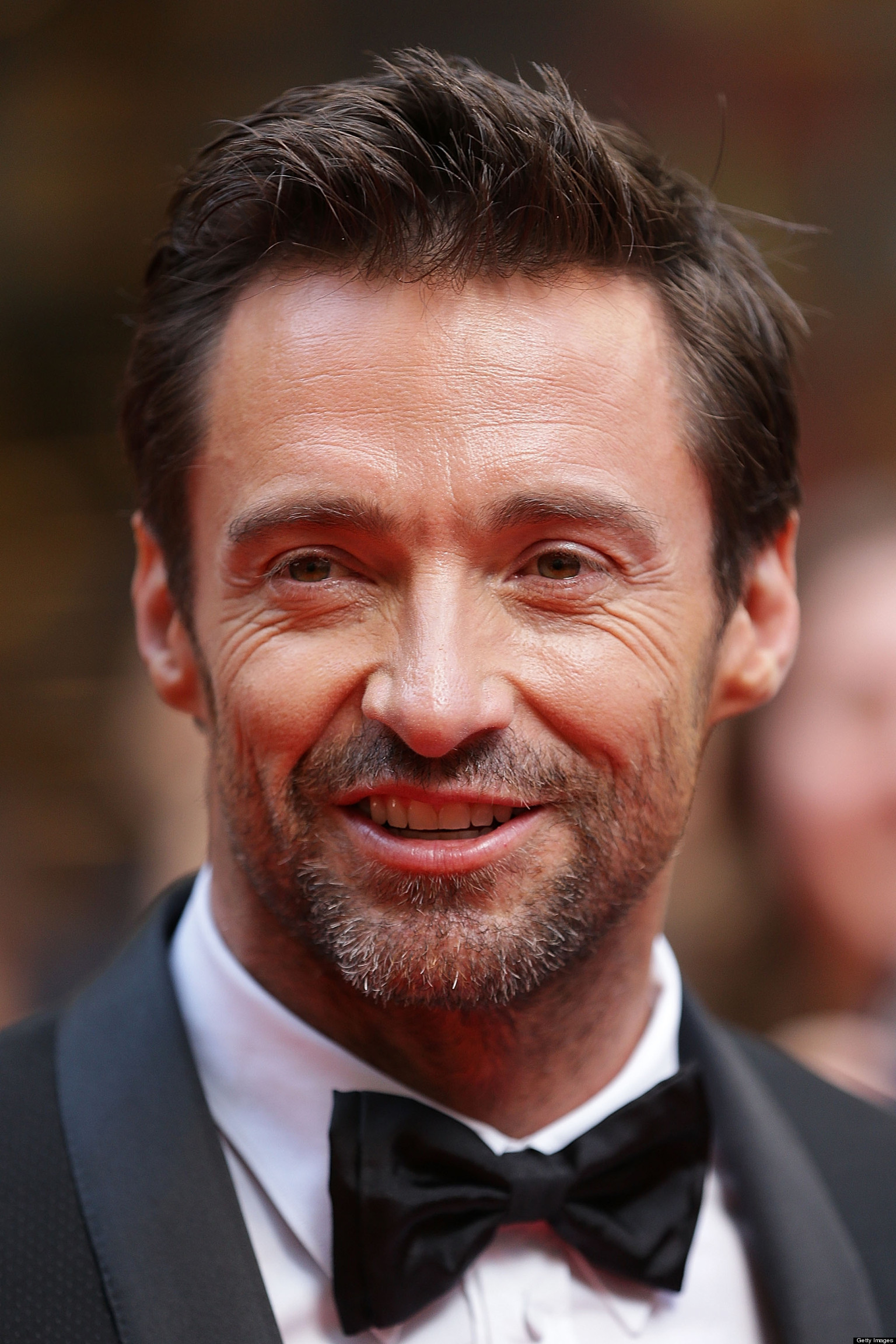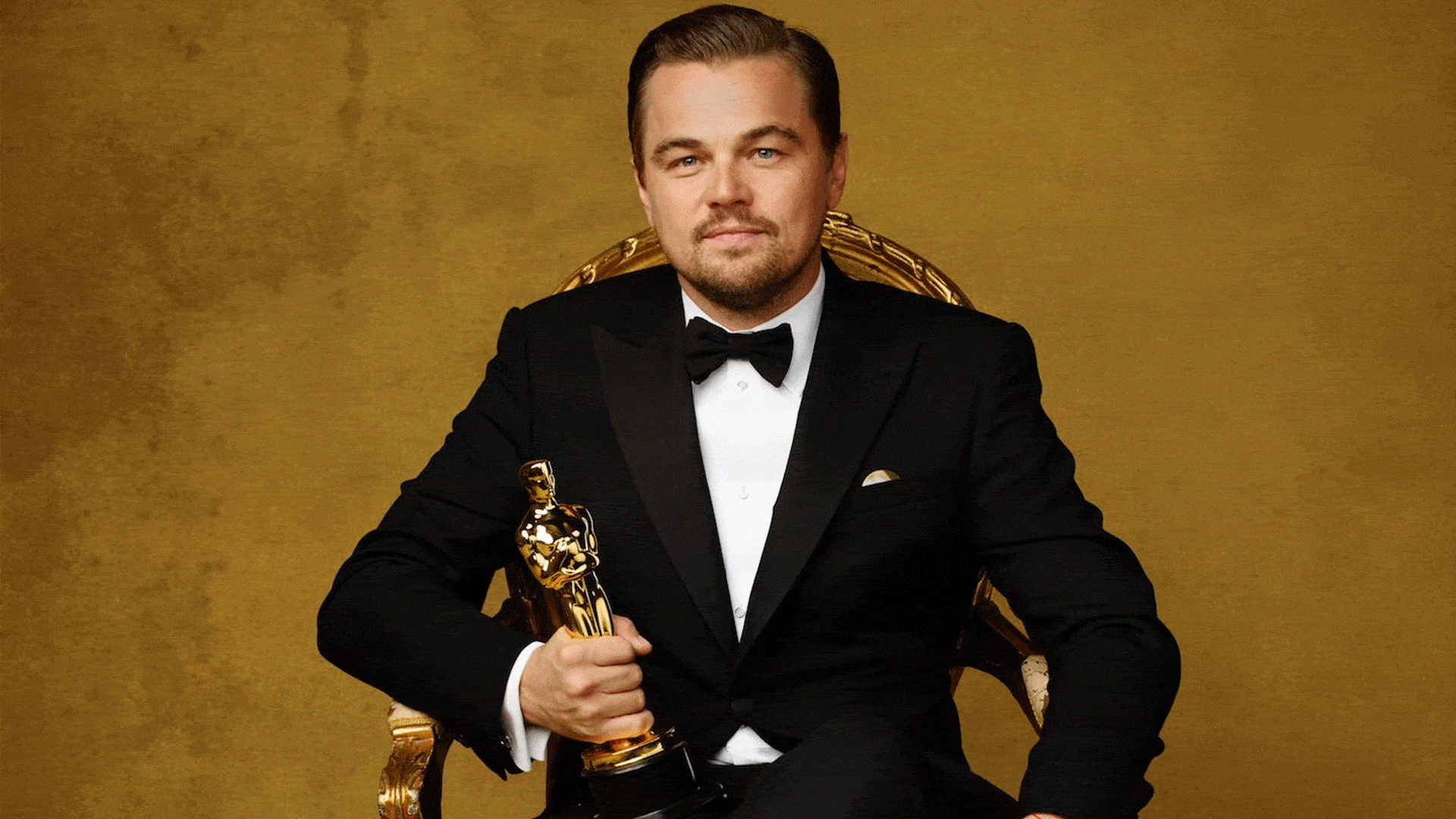The Allure Of Actors With Blonde Hair And Blue Eyes
There's something undeniably captivating about an actor with blonde hair and blue eyes, isn't there? This particular combination of features often seems to stand out, creating a striking presence on screen or stage. It’s a look that, for many, just seems to draw you in, sparking a certain kind of interest and curiosity. We often find ourselves drawn to these individuals, perhaps because of the visual contrast or the way light seems to catch their hair and eyes.
This distinct appearance has, in a way, carved out a special place in the entertainment world. From the early days of cinema right up to today's streaming shows, actors possessing these traits have frequently held prominent positions. They have, you know, helped shape many memorable characters and stories we love to watch. It's a look that, for some reason, just resonates with audiences across different generations and cultures.
This article will explore why this specific visual combination holds such a strong appeal. We'll look at the kinds of roles these performers often take on and how their unique appearance plays a part in their acting journey. We'll also consider the craft they bring to their work, how they truly make a character come alive, and some common questions people have about this topic. So, let's just get into it and see what makes these actors so special.
Table of Contents
- The Visual Impact of Light Features
- Crafting a Character: The Actor's Role
- The Industry's Perspective and Trends
- Frequently Asked Questions
- What Makes These Actors So Memorable?
The Visual Impact of Light Features
When we talk about actors with blonde hair and blue eyes, we're really talking about a specific kind of visual presentation. This pairing, quite frankly, can create a very bright and often youthful impression. The light hair, especially, tends to frame the face in a way that highlights the eyes, making them appear even more vivid. It's a combination that often stands out, even in a crowded scene, simply because of its natural brightness. This visual effect, in some respects, makes these performers particularly noticeable.
This striking look often helps shape audience perception. For instance, such features might suggest certain personality traits or character types, even before the actor says a word. They might, you know, be seen as approachable, heroic, or perhaps even a bit mysterious, depending on the role and how they carry themselves. It's a sort of visual shorthand that the entertainment world often uses to quickly convey a character's essence. The way light plays off these features can really add to a character's overall impact, too.
Moreover, the distinctness of this look can, in a way, make these actors highly recognizable. Once you see them in a few different productions, their appearance sticks with you. This recognizability, quite simply, is a big asset in the public eye. It helps build a connection with the audience, making them feel like they know the performer, which is pretty important for building a loyal following. This visual signature, so to speak, truly becomes part of their public persona.
Crafting a Character: The Actor's Role
Beyond just their appearance, actors, regardless of their hair or eye color, are essentially skilled performers. They bring characters to life, using their physical presence and vocal abilities as their main tools. It's a bit like how a singular, focused effort drives a service; an actor's performance is a concentrated activity aimed at creating a believable portrayal. They take on a role, much like a system takes on a task, and then they execute it with precision and feeling. This process, you know, requires a lot of dedication and a deep understanding of human behavior.
Every actor, in a way, acts as a sort of manager for their own set of skills and expressions. They independently control how they move, how they speak, and what emotions they convey. Communication with the audience, and with other actors, happens through the "messages" they send via their performance. These messages are, basically, the feelings, intentions, and story points they transmit. It's a constant flow of information, almost like an actor continuously receiving unprocessed messages and then deciding how to respond within the story's framework.
The core idea of an "actor" in entertainment is someone who portrays a character. This person is the one who acts, who has a part in a movie, a television show, a play, or a radio program. They might be professional, or not. Sometimes, actors just sing or dance, or perhaps only work on radio. The term itself refers to a person who performs in various forms of entertainment, including theater, film, television, radio, and even voice acting in video games or animation. An actor, really, brings characters to life through their performances across different media.
The Actor as a Storyteller
At their heart, actors are storytellers. They use their body and voice as tools to transport the audience into a different world. This is a crucial aspect of their craft. They take a script, which is, in essence, a set of instructions or a blueprint, and then they interpret it, adding layers of emotion and nuance. It's a process where they become the initiator of the character's actions and feelings within the story's scenario. They are the ones who make the narrative move forward, giving it shape and depth.
The goal is to create a believable illusion, to make the audience forget they are watching a performance and instead feel like they are truly witnessing events unfold. This involves a lot of subtle choices, from a slight change in facial expression to a particular way of speaking. It's about embodying the character so completely that the portrayal feels natural and authentic. This commitment to the role, you know, is what truly sets great actors apart.
An actor's work is, in some respects, a continuous process of learning and adapting. They receive feedback, whether from a director, an audience, or even their own self-reflection. This feedback, basically, helps them refine their approach and improve their portrayal. It's a bit like how a performance might be refined by guidance and comparison, leading to a better final product. They are always, you know, looking for ways to make their performance more effective and impactful.
Training and Refinement
The path to becoming a skilled actor involves significant training and constant refinement. This is where the learning and optimization truly happen. Actors often spend years honing their abilities, attending workshops, and working with coaches. They practice different techniques to control their voice, their movements, and their emotional expressions. This ongoing practice, quite frankly, is essential for growth.
Consider the idea of a strategy being updated. An actor's approach to a role, their "strategy," is not static. It changes and improves based on experience and guidance. If, for instance, a performance isn't quite hitting the mark, it might mean the actor hasn't effectively learned the best approach, or perhaps the guidance they received wasn't precise enough. This highlights the importance of accurate feedback and consistent effort. An actor's progress might, you know, seem out of sync with the feedback they receive if the timing isn't right, making it harder to improve.
This idea of continuous learning applies to actors working together, too. In an ensemble, each performer refines their part, and they cooperate to create a better overall show. This is similar to how multiple individual efforts can come together to optimize a larger structure. They work to adjust their performances, making sure everything fits together seamlessly. This shared effort, you know, is pretty important for a cohesive and powerful presentation.
The Industry's Perspective and Trends
The entertainment industry often has certain types in mind when casting roles, and the look of an actor with blonde hair and blue eyes has, quite often, been a popular choice. This isn't just about aesthetics; it also relates to how audiences respond to certain visual cues. Trends in casting, you know, can shift over time, reflecting broader cultural preferences and the stories people want to see. For a while, this look was very much associated with leading roles, suggesting a certain kind of heroism or innocence.
However, the industry is always changing, and so are the demands on actors. Today, there's a greater emphasis on versatility and authenticity. While a distinctive look can open doors, it's the actor's ability to truly embody a character and deliver a compelling performance that ultimately matters most. They must be able to adapt to different genres and character demands, proving they are more than just their appearance. This adaptability, frankly, is a key to long-term success in a competitive field.
Recent developments show a growing appreciation for diverse talent and a wider range of appearances. While actors with blonde hair and blue eyes certainly continue to find success, the roles they play and the narratives they inhabit are becoming more varied. This reflects a shift towards telling more inclusive stories that resonate with a global audience. The focus is increasingly on the performer's skill and unique interpretation, rather than just a specific visual type. So, you know, the landscape is always evolving.
Frequently Asked Questions
Do actors with blonde hair and blue eyes get cast in specific types of roles?
Often, yes, they have been. Historically, this look has been linked to roles that convey heroism, innocence, or sometimes a certain kind of vulnerability. Think of the classic "all-American" type, for instance. However, as the entertainment world changes, these actors are, you know, increasingly taking on a much wider range of parts, challenging those older perceptions. It really depends on the specific project and the vision of the director now.
How do these actors maintain their distinct look for roles?
Well, it usually involves careful grooming and, sometimes, professional styling. Hair color might be adjusted slightly to fit a character, and makeup can really enhance their eye color for the camera. For some, it's just their natural appearance, but for others, there's a bit of work involved to keep it consistent or to change it for a specific role. They might, you know, have teams that help them manage their appearance for different projects.
Is having blonde hair and blue eyes an advantage for an actor?
It can be, in some situations, because it's a visually striking combination that can make an actor memorable. It might help them stand out during initial auditions, for example. However, at the end of the day, true talent, dedication, and the ability to deliver a powerful performance are what truly determine an actor's success. Appearance is just one piece of the puzzle, and frankly, it's not the most important one for a lasting career. It's, you know, about the whole package.
What Makes These Actors So Memorable?
The lasting impression left by actors with blonde hair and blue eyes goes beyond just their looks. It really comes down to their ability to connect with audiences, to make us feel something, and to tell stories that stick with us. They use their voice and their physical presence to create characters that resonate, characters that we remember long after the credits roll. This is the essence of what an actor does, regardless of their specific features. They are, you know, masters of human expression.
Their performances, in a way, become a part of our collective experience. Whether they're portraying a hero, a villain, or someone in between, their portrayal shapes our understanding of the narrative. It's about the craft, the skill, and the dedication they bring to each role. They are, quite simply, storytellers who use their unique tools to transport us to different worlds. You can learn more about the art of acting on our site, and for a deeper look into the history of film performances, you might want to check out this page.
So, while the visual appeal of an actor with blonde hair and blue eyes is certainly notable, it's their talent and hard work that truly makes them shine. They embody the spirit of performance, taking on roles and bringing them to life with passion and skill. It's a testament to the power of human connection through storytelling. For more information on the history of acting and notable performers, you could look up resources on sites like IMDb.

Hollywood Icons: Get to Know the 10 Most Popular Actors of the Era

Best Actor, Golden Globes Musical Or Comedy: Hugh Jackman Wins Award

The Top 34 Best Actors of All Time, Ranked